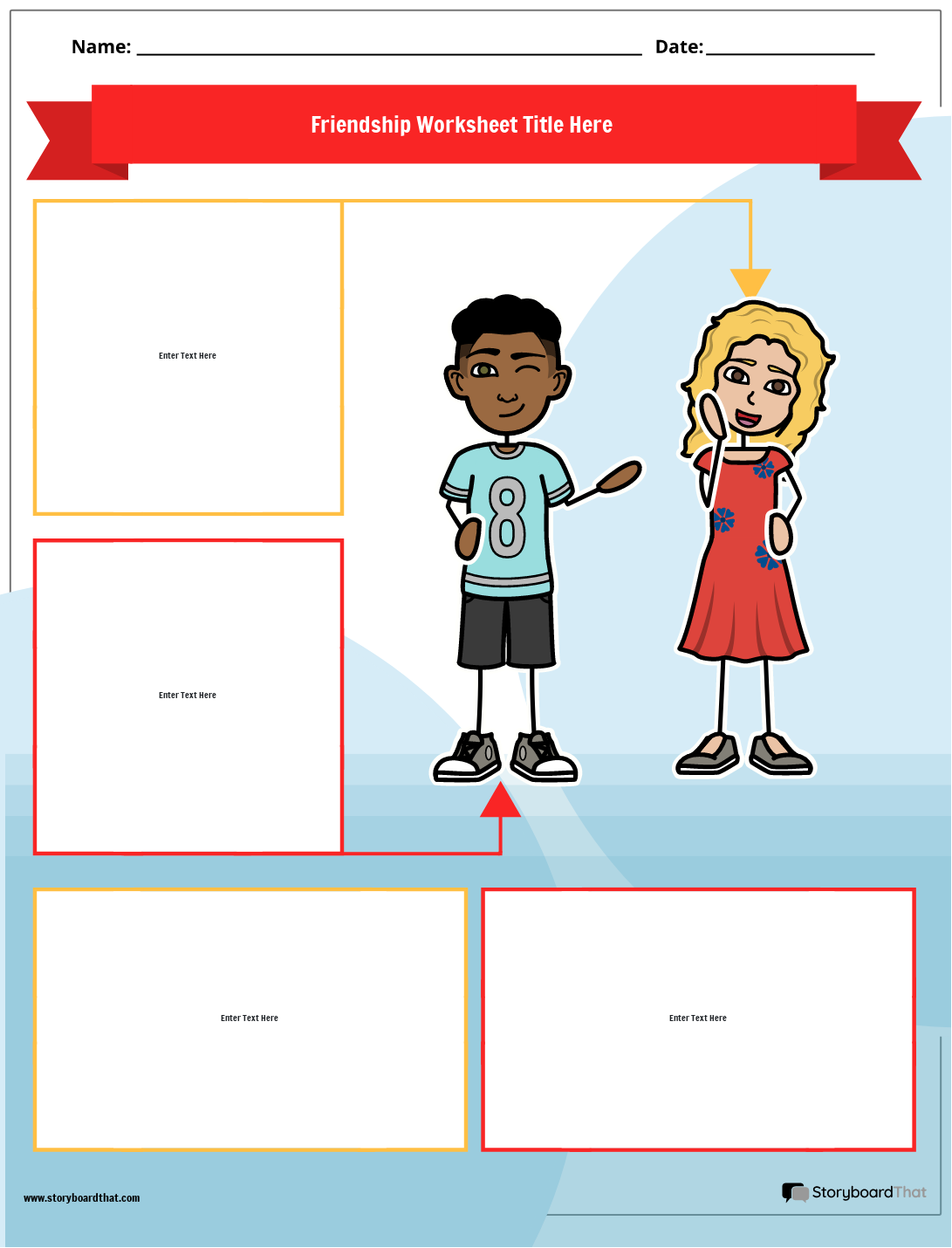

Friendship, a key aspect of human life, holds the power to shape healthy relationships, social skills, and overall happiness. It is a meaningful and positive relationship between individuals who care for and support each other. It involves being a good listener, talking openly, and showing empathy towards one another. At school, in the classroom, and in life, friendships play a vital role in children's development. It is a bond that goes beyond mere acquaintanceship, often involving mutual affection, trust, and understanding. True friendships are built on a foundation of shared interests, experiences, and values.
There are various types of friendships, from casual acquaintances to close, intimate bonds that resemble family. The latter is a prime example of friendship. Good friends exhibit qualities like trust, loyalty, and understanding, contributing to emotional well-being and overall happiness.
Teachers and parents can create engaging worksheets to help children understand the importance of friendships and the qualities of a good friend. For example: a friendship quiz maker could be used to develop a fun and interactive way for kids to learn about friendship.
Friendship worksheets preschool students can enjoy include activities such as drawing pictures of their friends, sharing their favorite toys or snacks with a classmate, role-playing scenarios of resolving conflicts with kindness, and practicing active listening during storytelling sessions. These activities not only make learning fun but also help them develop crucial social skills that will benefit them throughout their lives.
Friendship worksheets for elementary students differ from preschool worksheets in complexity and depth, incorporating more advanced activities that encourage critical thinking, deeper discussions on friendship dynamics, and the exploration of empathy and understanding on a more mature level.
Social skills friendship worksheets can include activities such as practicing active listening, role-playing scenarios of conflict resolution, identifying and expressing emotions, learning about empathy, collaborating on group projects, and discussing the qualities of a good friend. These engaging exercises help students develop essential interpersonal skills and build meaningful connections with their peers.
To assist in fostering healthy friendships and social skills, we offer free printable friendship skills worksheets suitable for preschool and elementary students. These printables include coloring pages, reading materials, and exercises that children can enjoy while learning about friendship.
Friendship is a beautiful and significant aspect of a child's life, contributing to their overall development and happiness. By providing handouts and fostering healthy friendships, we help children develop essential social skills and understand the qualities of a good friend. Download our free printable friendship worksheets to create a nurturing environment where children learn, grow, and thrive.
We have lots of templates to choose from. Take a look at our example for inspiration!